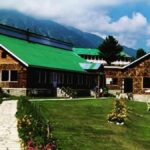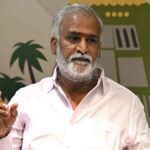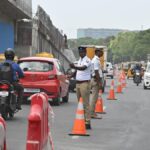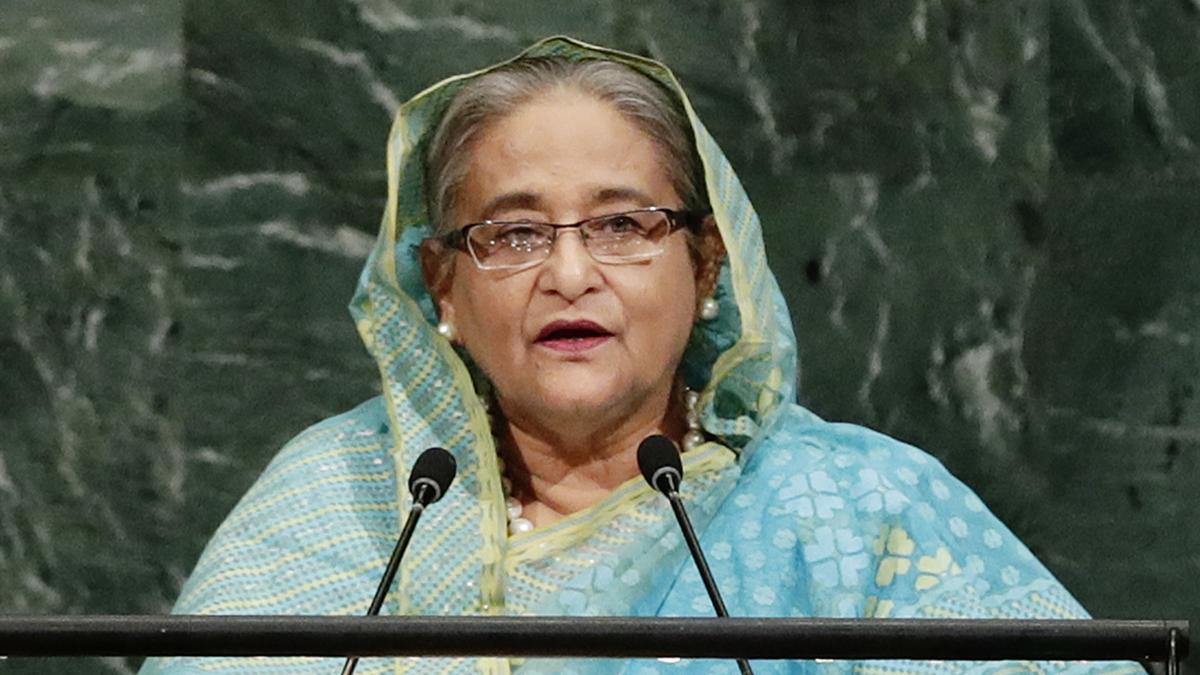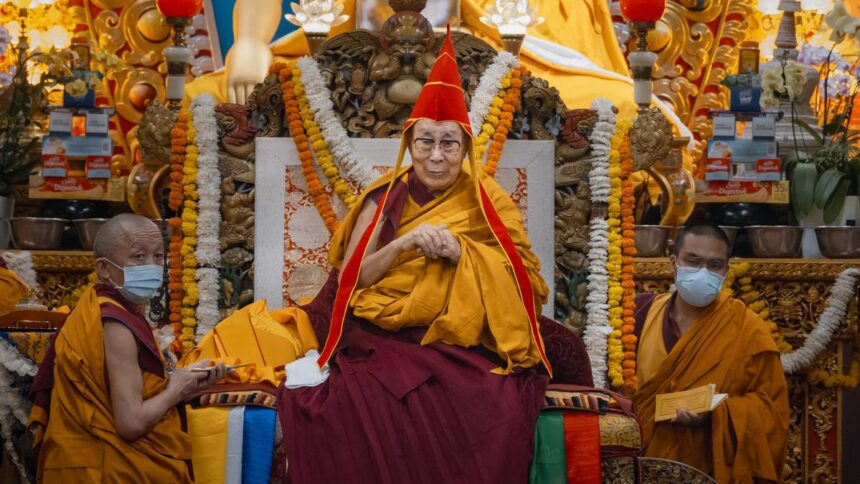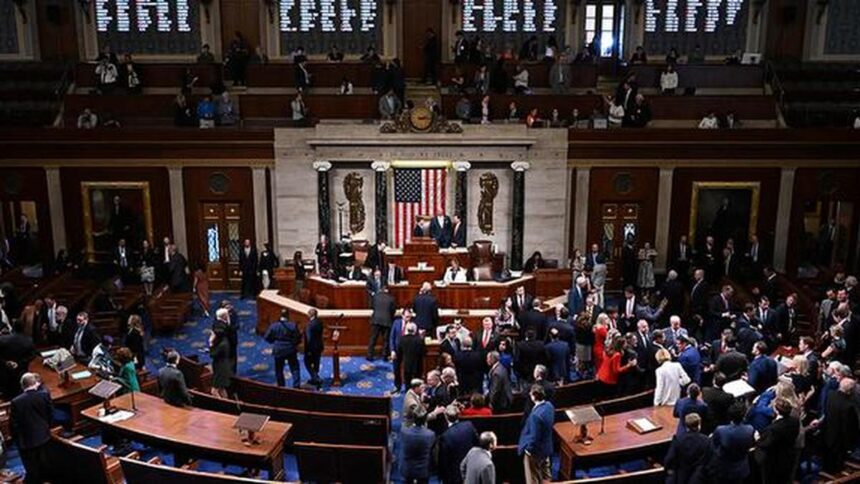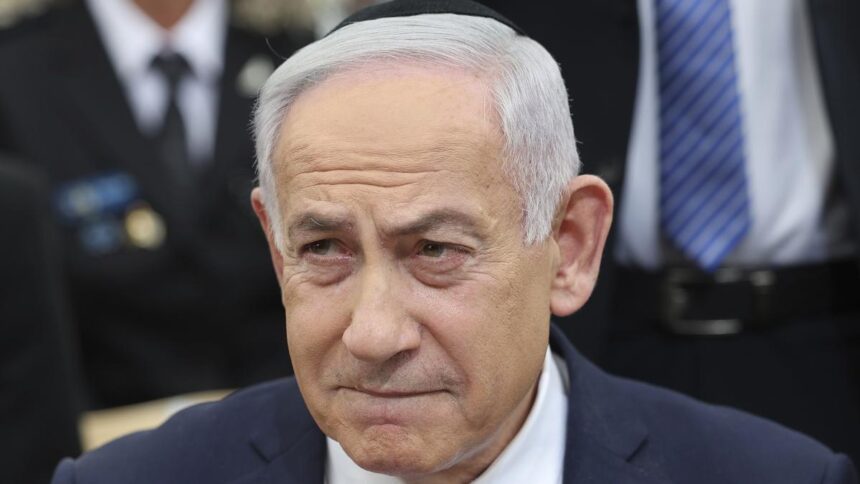
Bangladesh former PM Sheikh Hasina. File
A year after then Prime Minister of Bangladesh Sheikh Hasina fled Dhaka and arrived in India, she remains in regular contact with Awami League party leaders in Bangladesh and in exile around the world. Her exact whereabouts in the present and political future, however, remain a mystery, as New Delhi has discouraged her and her supporters from overt political activity. On July 23 this year, at least five Awami League ministers due to hold a press conference at Delhi’s Press Club, put off their public appearance, ostensibly after India’s Ministry of External Affairs (MEA) intervened.

The Indian government has provided Ms. Hasina a well-guarded home in central Delhi. Her daughter Saima Wazed, who was the Regional Director of the World Health Organization’s (WHO) South-East Asia Region until she was asked to proceed on indefinite leave due to court cases in Bangladesh last month, also lives in Delhi. On all questions from journalists, the MEA has declined to give details. “[Ms. Hasina] had come here at a short notice for safety reasons, as she continues to be,” spokesperson Randhir Jaiswal said in October 2024, a statement he maintains.
Ms. Hasina now faces a number of charges over corruption, human rights violations and even war crimes during her tenure, making her return to Dhaka unlikely at present. Meanwhile, after saying he would not stop the Awami League from standing for elections expected to be held in mid-February 2026, Bangladesh interim government’s Chief Adviser Muhammad Yunus has banned the erstwhile ruling party and its students’ wing, making it impossible for them to participate.

Recorded messages
In the past year, Ms. Hasina has sent out a number of recorded audio messages for her supporters, and, on one occasion, addressed a live “rally” for supporters in Dhaka. The rally ended in extreme violence, as student groups now in power in the country attacked her family home and her father Sheikh Mujibur Rahman’s memorial museum at Dhanmondi, burning most of the interiors down. “Demolishing a building can only destroy a structure but couldn’t erase the history,” Ms. Hasina said in her address on February 5. But since then, Ms. Hasina’s political speeches have been more muted, as the Modi government began to increase its engagement with the Yunus administration, and after a demarche from Dhaka reportedly requested her to tone down activities.

“Comments attributed to former Prime Minister Sheikh Hasina have been made in her individual capacity in which India has no role to play. Conflating this with the Government of India’s position is not going to help add positivity to bilateral relations,” the MEA said in a statement a few days later. Even so, Ms. Hasina’s stay in India will continue to be a sore point between Dhaka and Delhi, one year after her dramatic flight here.
On August 5, 2024, as police in Dhaka failed to stop massive protests, led by student leaders onto the main roads leading to her home, Ganabhaban, Bangladesh Army chief General Waker-uz-Zaman is believed to have told Ms. Hasina that there was no safe option left but to escape by helicopter to the airbase in Dhaka, after which she was escorted onto a Bangladesh Air Force C-130 Hercules flight. The flight landed that afternoon at the Hindon airbase on the outskirts of Delhi, for a stop that was meant to be temporary.
Sources said Ms. Hasina had already applied to the United Kingdom for asylum, something the U.K. had in the past granted to other leaders from Bangladesh and Pakistan who had fled there.
However, the same evening, after hours of delay, the U.K.’s newly elected Labour government headed by Prime Minster Keir Starmer — who was already on the back foot over major anti-immigrant violence — decided to turn down her request.
Sore point
After National Security Adviser Ajit Doval drove into Hindon airbase to discuss the matter, the C-130 was sent back to Dhaka, and Ms. Hasina was invited to stay in Delhi. The decision mirrored that of the Indira Gandhi government in 1975, that gave Ms. Hasina and her sister refuge after the brutal assassination of their father, mother and most of their family members. Ms. Hasina eventually returned to Dhaka in 1981, and continued her father’s political struggle, eventually being elected to power in 1996, and four times again from 2009-2024. However, another return to her country, active politics, or power appear a distant dream at present.
Published – August 04, 2025 10:21 pm IST



